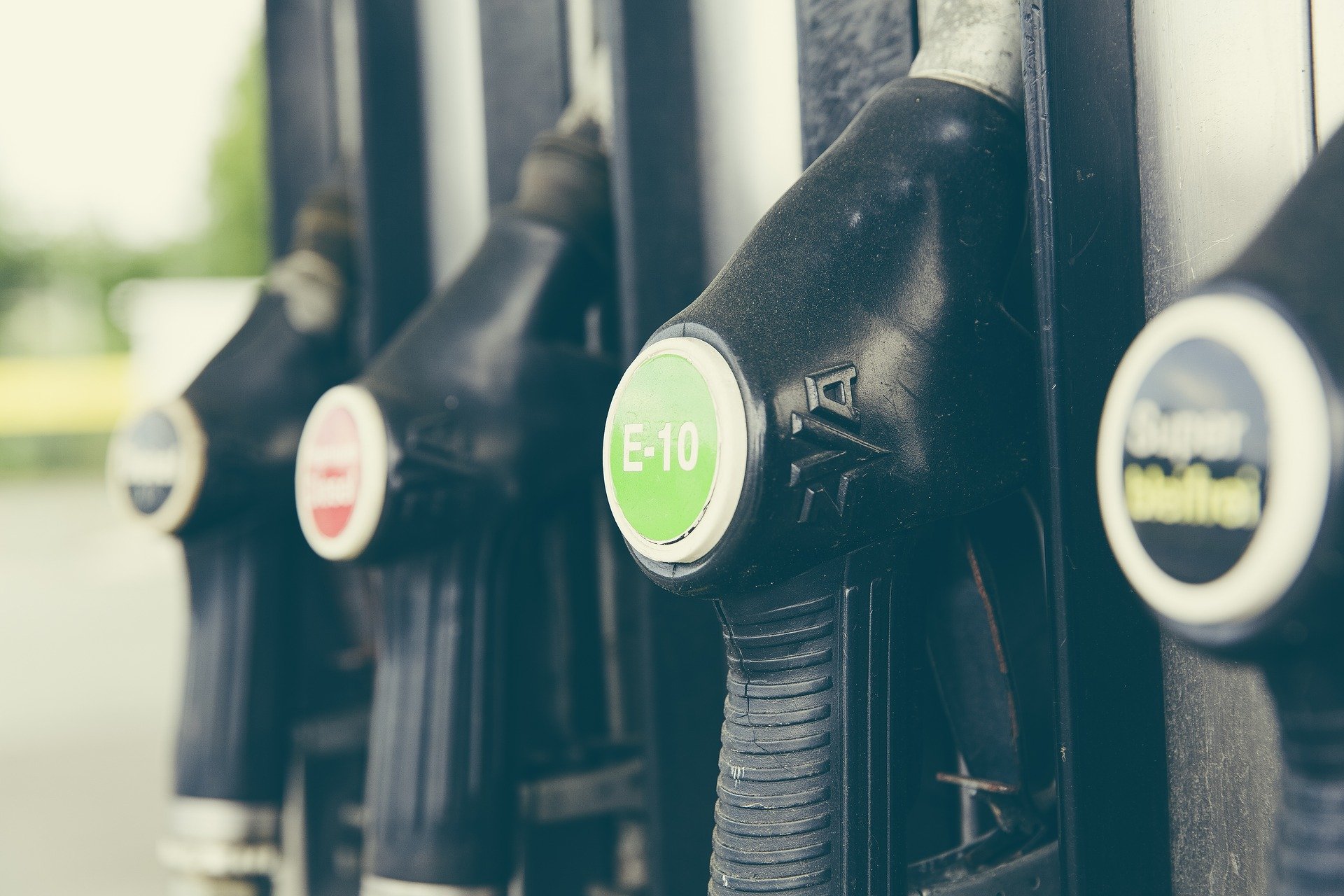As part of the government aim to reach net-zero greenhouse gas emissions by 2050, plans to introduce E10 fuel have been confirmed to take place by September this year.
It is expected that E10 fuel will become the new standard in the UK, replacing E5 as the ‘Premium’ petrol grade available at the pump. This is something classic car owners should be aware of, as E10 fuel will not be compatible with classic vehicles.
However, although E10 won’t work for your classic, the Department for Transport have promised to ensure that E5 ‘will remain available at all filling stations that supply at least 2 grades of petrol as the higher-octane ‘Super’ grade’.
With this in mind, we take a look at E10 fuel: what it is, how it could affect your classic, and what to think about when it comes to your insurance.
What is E10 fuel?
In essence, E10 fuel is a more environmentally-friendly type of fuel. It gets its name because it is made up of 90% regular unleaded fuel and 10% bioethanol.
Bioethanol is a renewable energy source made from the fermentation of organic substances, including crops such as sugarcane and grains, as well as their by-products.
At the moment, standard unleaded fuel (E5) only contains up to 5% bioethanol. The reason E10 is ‘greener’ is because it uses a larger share of this renewable bioethanol (up to 10%), and therefore a smaller share of non-renewable fossil fuels.
It is hoped that the availability of this new fuel will cut transport emissions by 750,000 tonnes per year, which is equivalent to having around 350,000 fewer cars on the road. This will be a huge step towards a more environmentally-friendly future for the UK.
Why is E10 fuel a problem for classic cars?
While standard unleaded fuel can be used in any petrol-engine vehicles, the compatibility of E10 fuel is not as straightforward, and this is the major concern for classic car owners.
It has been estimated that there are as many as 600,000 cars on UK roads which aren’t fully compatible with E10 fuel. Of these, only around 150,000 were made after 2000.
According to the RAC, it is a general rule that cars registered before 2002 won’t work well with E10. In some cases, you could still use E10 fuel in an incompatible car to make it run. However, over time the corrosive properties of bioethanol may harm the seals, metals and plastics of your vehicle.
How will this affect my classic?
For those concerned about their classics – or, in fact, any car made before 2002 – there is no need to worry, as standard E5 unleaded fuel will still be available at pumps across the . It will also be mandatory for E10 fuel to be labelled clearly, so that you can avoid accidentally using it to fill up your classic.
Unfortunately, however, the RAC have predicted that we will see higher pump prices due to the change, both for E10 and E5 petrol types.
In our opinion, the introduction of E10 fuel will not be a major concern for those who own a classic car, while E5 is still available. We do advise that you keep in mind which type of fuel you’re using to fill up to avoid damaging your classic.
Does using E10 accidentally count as misfuelling my classic?
Technically speaking, E10 is not the ‘wrong’ type of fuel for a petrol-engined classic – the car will run, but over time the higher concentration of bioethanol may cause damage. E5 is the preferred and recommended option.
The chances are that any misfuelling cover you may have in place, usually as part of breakdown cover, may not be valid if you put E10 into your engine. However, it’s always worth checking with your provider if this is an area of concern.
For more information
You can find out more information from the government website here.
To speak with an expert about your vehicle insurance needs, please call a member of the Heritage team on 0121 248 9229.

